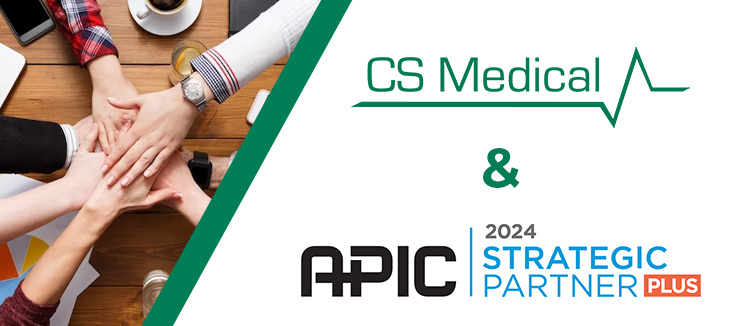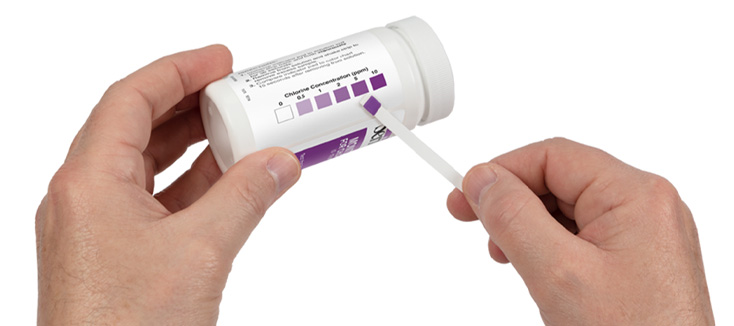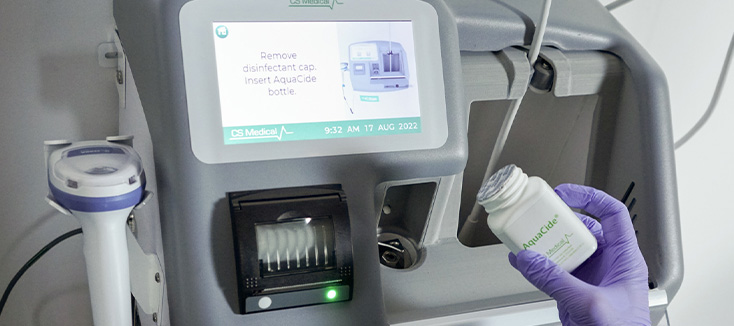For years, it has been widely accepted that automated methods of cleaning and high-level disinfection are more reliable than manual methods. Back in 2018, The Society of Diagnostic Medical Sonography (SDMS) stated, “Automated processes are preferable due to the reduced risk of operator error.” Some of the obvious benefits of automated methods include the reduced potential for human error, increased consistency and repeatability, and the maintenance of compliance with established protocols and guidelines.
However, because of the perceived higher cost of automation, many facilities have chosen to stick with manual reprocessing, encouraging employees to be thorough in their work and hoping that will be enough. According to a new study, however, this optimistic approach falls short of the mark when it comes to employee and patient safety.
Published by Elsevier Inc. on behalf of the Association for Professionals in Infection Control and Epidemiology, Inc., this study states, “Manual cleaning of devices generated substantial splash, drenching technicians and the environment with droplets that traveled more than 7 feet… Personal protective equipment did not fully prevent fluid exposure. Shoe covers and transport cassettes tracked fluid throughout the unit.”
So why is a seven foot splash radius so incredibly concerning when we’re talking about high-level disinfection of transesophageal echocardiogram (TEE) ultrasound probes and other ultrasound probes? This is because splashing creates droplets that can spread contaminants, including microorganisms, from the device being cleaned or disinfected to the worker and their surroundings. Workers who are splashed with contaminated liquid or droplets while cleaning medical devices have been exposed to and are at risk of infection by potentially harmful microorganisms. This risk is especially high for workers with weakened immune systems or who have open cuts or wounds on their skin. Workers can also be at risk of exposure to harsh chemical cleaning and disinfection agents that may be toxic or harmful if they come in contact with their skin or eyes. In addition, the study mentions that the fluid got onto the floor and was tracked throughout the unit, making the entire space unsafe.
There are even more reasons to worry about manual cleaning and disinfection methods regarding the health and safety of employees than previously believed. A common response might be to encourage the use of appropriate personal protective equipment (PPE), such as gloves, gowns, eye protection, and face masks, and to follow established protocols for cleaning and disinfecting medical devices. Surely these protocols will be able to accomplish their purpose and keep workers from harm. Unfortunately, it is not so simple. Another related study made clear that PPE was not actually enough to keep employees safe, stating, “Personal protective equipment was splashed during most activities and did not prevent skin exposure even when properly donned and doffed.” The fact is that if PPE is not doing enough to protect employees from exposure to these abrasive and sometimes dangerous high-level disinfectants, another solution must be found.
The best way to solve the problem is by automating the cleaning and disinfection steps. Utilizing an automated unit to reprocess TEE Probes, like the TEEClean® Automated TEE Probe Cleaner Disinfector, ensures a safer workplace for employees and a safer facility for patients. If a soiled probe is simply inserted into the TEEClean’s cleaning and disinfection reservoir, there is no chance for contaminants from the probe to splash onto workers. The vapor management system even helps keep the air pure from the often bothersome vapors which are common to high-level disinfectants. And since the TEEClean both cleans and high-level disinfects, it completely removes the need for the sinks or basins filled with chemicals which can be splashed around.
In an ideal world, all semi-critical medical devices would have their own version of the TEEClean to clean and disinfect them. Automated methods are best for reprocessing semi-critical medical devices because they reduce the possibility of human error, increase consistency and repeatability, and ensure compliance with protocols and standards. Additionally, automated methods, like TEEClean, can track and record critical parameters, such as temperature and time, to help ensure that the appropriate conditions are met during the reprocessing cycle. This allows for a more accurate and reliable record of the process, thus ensuring safety and compliance of the equipment.
Most valuable of all, automated methods keep healthcare workers safe and healthy themselves. If these studies make anything clear, it’s that manual reprocessing must become a thing of the past if we are to provide employees with safe and healthy working conditions. By investing in an automated unit, a facility is investing in its own staff and in their future.


